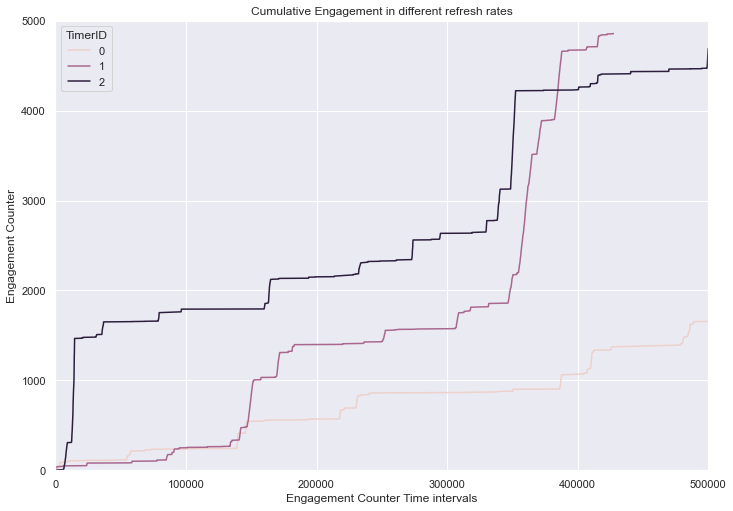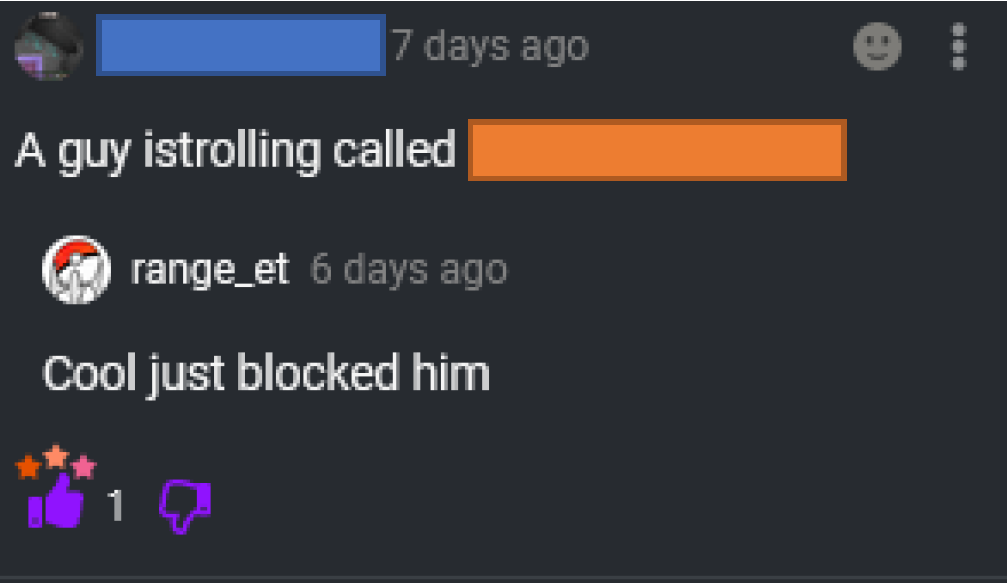Academic, 2021
Evaluating thresholds for cooperation, the emergence of Higher-Order Beliefs on
interactive online platforms using game theory.
Independent Study
Advisor: Allen Sayegh
Winner of the M.Des Research Grant, Harvard University
Introduction
The study investigates online collaboration thresholds and behaviors using game theory, focusing on Twitch Plays Pokémon. It identifies trends in collaboration related to player numbers rather than interaction costs, challenging prior assumptions about behavioral models and the effectiveness of community versus designed punishments.The Hawk-Dove Game
The Hawk-Dove game is a classic model in game theory that explores how individuals compete for resources. Imagine two animals (it could be any species, but let's stick with hawks and doves for the narrative) that stumble upon a resource at the same time, like food. They can choose between two strategies: act aggressively (Hawk) or act passively (Dove). Hawk Strategy: If an animal adopts the Hawk strategy, it will fight to gain the resource, risking injury in the process. If two Hawks meet, they will engage in a costly fight until one backs down or is injured, reducing the value of the resource due to the cost of fighting. Dove Strategy: If an animal adopts the Dove strategy, it will display aggression but back down if the opponent escalates to actual fighting. If a Dove meets a Hawk, the Dove will flee, leaving the resource to the Hawk. However, if two Doves meet, they will each display aggression without real fighting, eventually sharing the resource or one backing down without the cost of injury.Application in the Study
In the context of the Twitch Plays Pokémon study, the Hawk-Dove game illustrates how players choose strategies when collaborating or competing within an online platform. Players can choose to aggressively push their agenda (Hawk strategy) or adopt a more cooperative, passive approach (Dove strategy), especially when interacting in a shared environment with a common goal, like completing a game. The game provides insights into conflict resolution, cooperation, and how groups form norms and enforce them. For example, how players negotiate their moves in Twitch Plays Pokémon or how they react to trolls (disruptive players) can mirror Hawk and Dove behaviors. The study's analysis of collaboration rates, engagement patterns, and community-driven regulations versus externally imposed rules can be understood through the lens of game theory, offering a structured way to interpret player interactions and collective decision-making. By employing game theory models like the Hawk-Dove game, the research sheds light on the complex dynamics of online communities, providing a theoretical basis to understand how individuals' choices affect group behavior and cooperation in digital environments.Methodology
The experimental design aimed at observing online collaborative behaviors, utilizing the Twitch Streaming. It tested different interaction intervals to analyze the impact on user engagement and cooperation. A complementary Reddit forum was created to facilitate discussion and strategy sharing among participants, allowing for a deeper understanding of player dynamics and higher-order beliefs.A video of the players collaborating to navigate a space, they default to the simplest route instead of taking a more complex path despite both of them requiring the same number of steps
A new player removing Shroomish, this was one of the original pokemons and they use the sign of mutual respect of the pokemon as a sign of familiarity, the release resulted in the ostracization ofthe new player
Players engaging in a pokemon battle
Empirical Evidence and Observations
The Twitch Plays Pokémon experiment garnered significant participation, with around 500 players and 30,000 entries, providing robust data for analysis. Findings showed player indifference to interaction intervals, with engagement patterns not significantly affected by the imposed delays. The data also revealed strategic optimization by players and a preference for community-driven regulations over externally imposed rules.
The number of entries as compared to the cost of interaction, although a 10 second delay (trace 0) is too much with lower engagement, trace 1 and 2 indicate that there is a diminishing return to investements after the penalty falls below 5 seconds (time taken to type a message)

The community ostracizing a player based on who they have deemed a troll based on interal higher order beliefs that they have developed